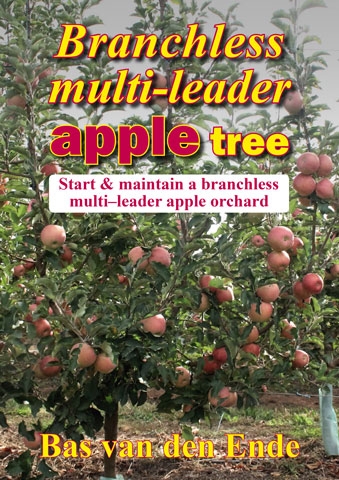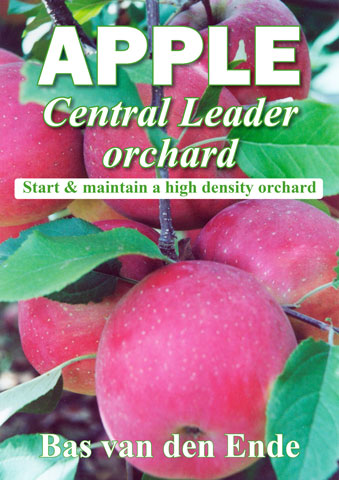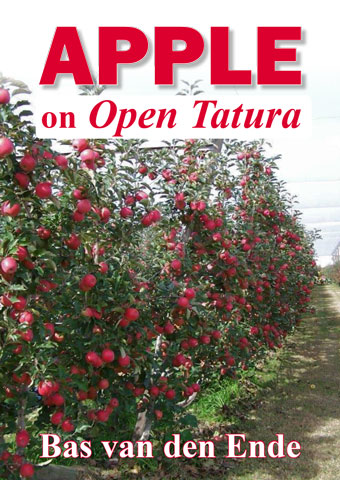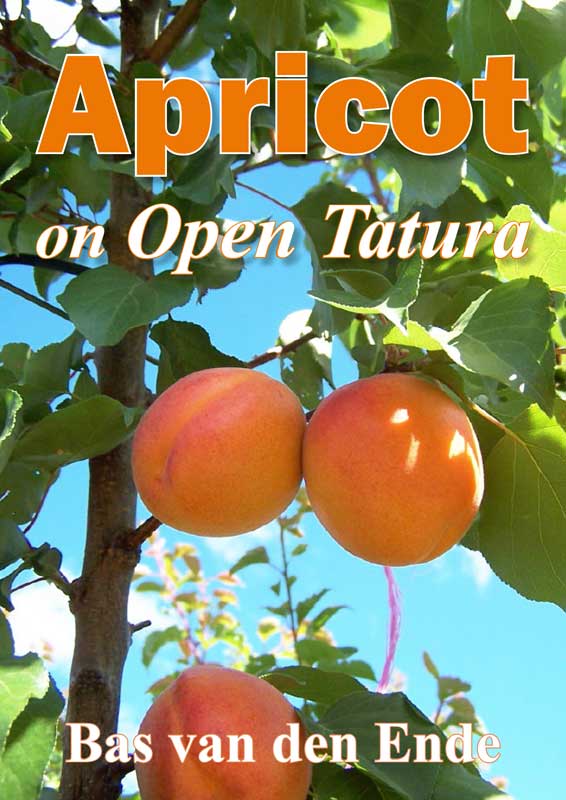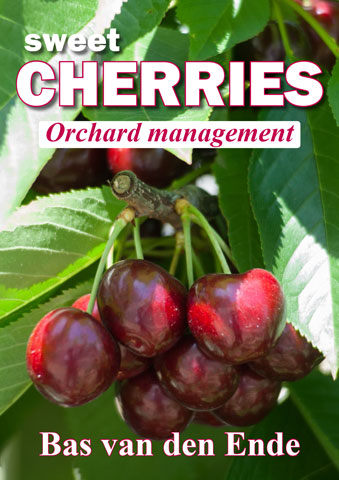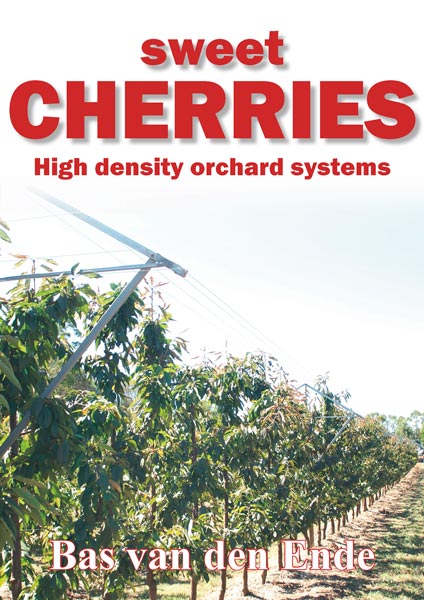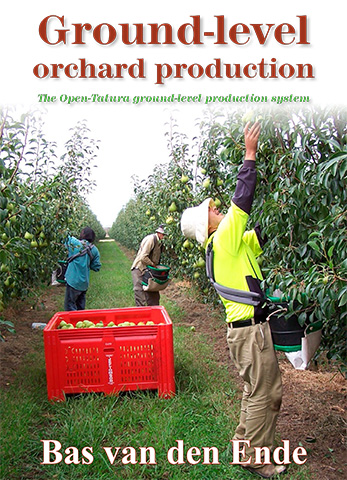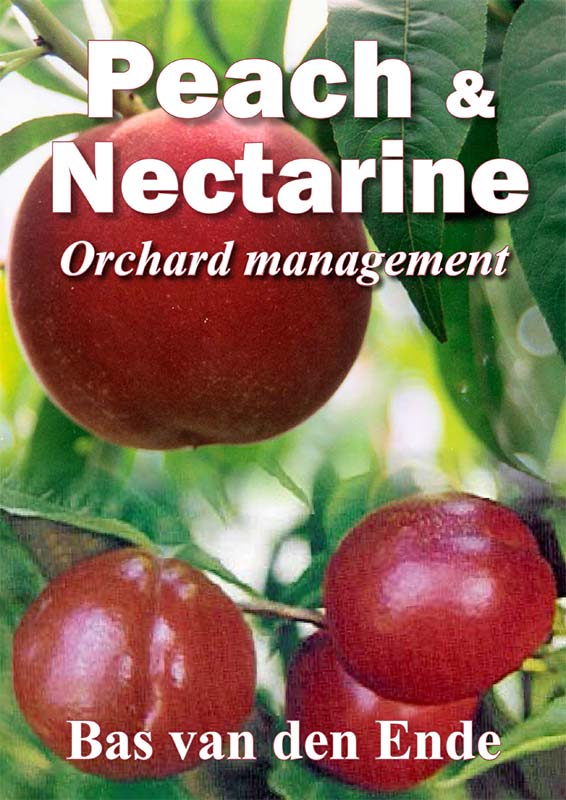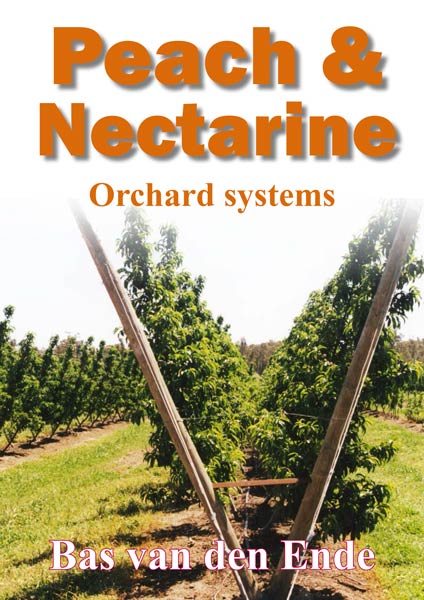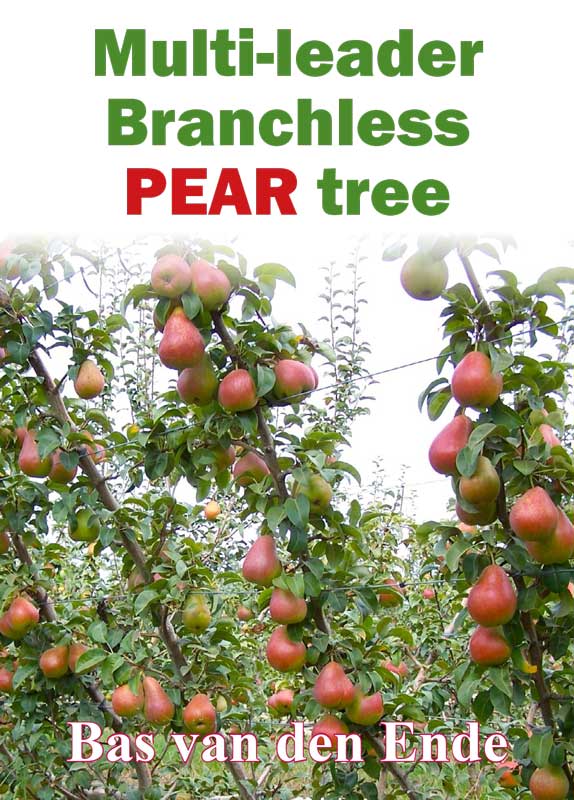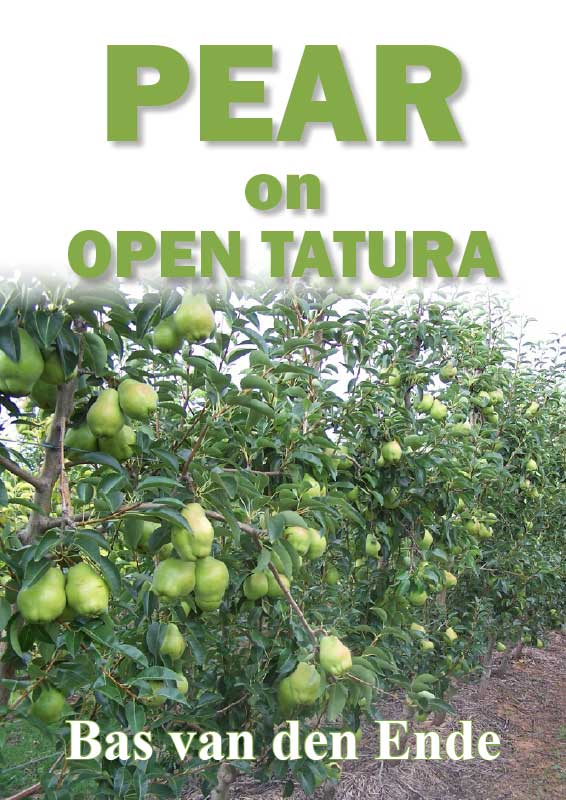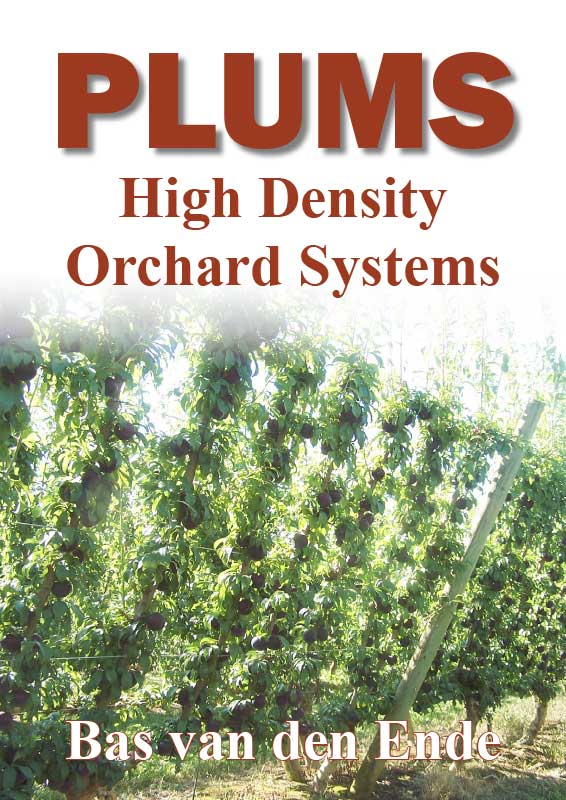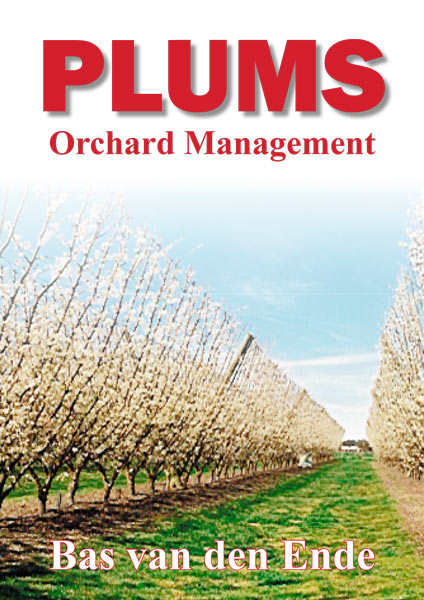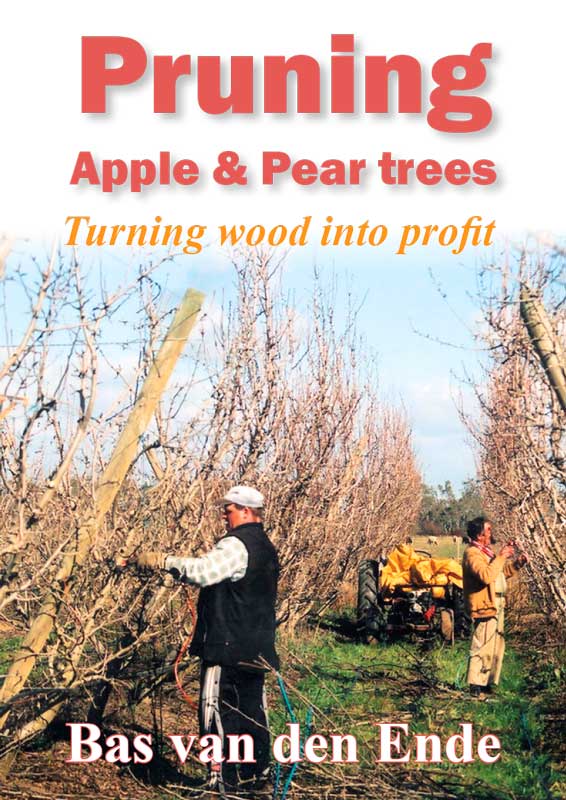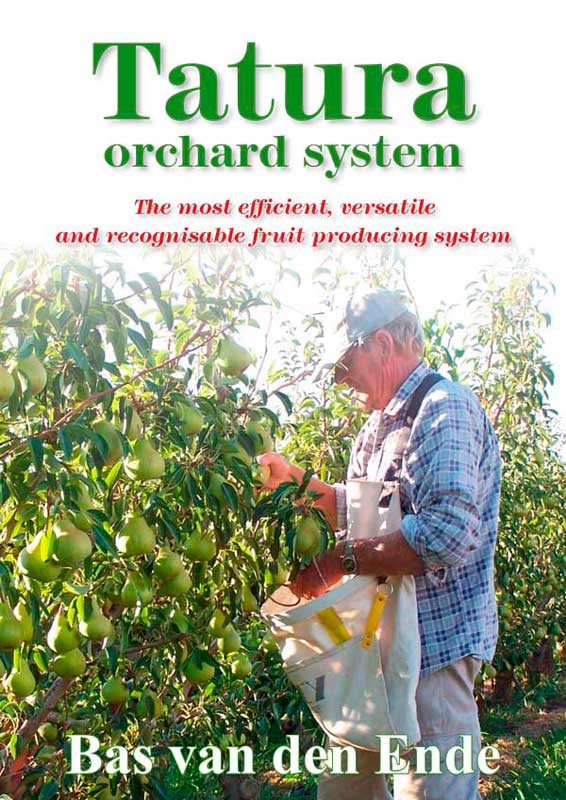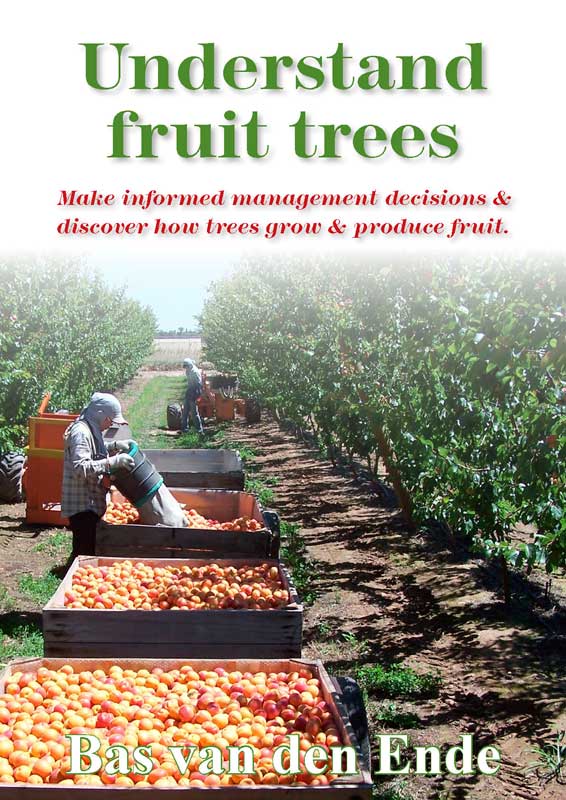Repeat applications of glyphosate or paraquat in orchards have allowed tolerant species to escape and multiply. It is now the perfect time to re-introduce a residual herbicide into your integrated weed control program.
Two residual herbicides, Sinbar and Zoliar, have been enjoying renewed popularity keeping orchards cleaner for longer.
Residual herbicides cost more up front but can replace up to six applications of knockdown herbicides. This means an overall saving in labour and herbicide costs.
Residual herbicides work best being applied to bare soil so a planned approach is required.
Choice for weed control
Sinbar is the product of choice in apples and peaches.
Zoliar is suited to a wide range of tree crops including stone fruit, pears, citrus and almonds.
Zoliar (previously known as Solicam) is a broad-spectrum pre-emergent herbicide that controls a wide range of weeds in orchards and vineyards.
Zoliar controls more problem broad-leaf weeds and grasses than any other pre-emergent herbicide on the market.
Its broad spectrum and high levels of crop safety gives Australian fruit, nut and grape growers the most economical season–long weed control.
Significant benefits
With differing modes of action to knockdown herbicides, Zoliar and Sinbar are effective tools to manage herbicide resistance.
Using Zoliar or Sinbar means fewer knockdown herbicide applications, saving time and reducing costs. In addition, fewer equipment passes means less soil compaction.
With its long residual action, a single application of a residual herbicide can provide season-long weed control. This means a substantial saving in time and money when compared with the cost of a knockdown herbicide program.
Time of application
Application of Zoliar or Sinbar in early autumn will give winter weed control; in early to mid-spring will give full summer weed control.
Weed control that lasts
These residual herbicides keep on working, and once incorporated into the soil will remain active for up to six months to control weeds as they germinate.
Both Zoliar and Sinbar has low volatility and good photostability, and hence a relatively long incorporation window.
While early incorporation means that the product starts to work immediately, rainfall or irrigation up to 21 days after application will activate the herbicides.
Due to its low volatility, Zoliar or Sinbar can be applied after bud burst without any risk of vapours causing damage to emerging tree or vine shoots.
If you have been relying on knockdown herbicides for a few years, now might be the time to rotate.
Always refer to the product label for the latest recommendations of use.
For more information contact Agnova
phone 03 9899 8100
email
web www.agnova.com.au
See this article in Tree Fruit May 2013

